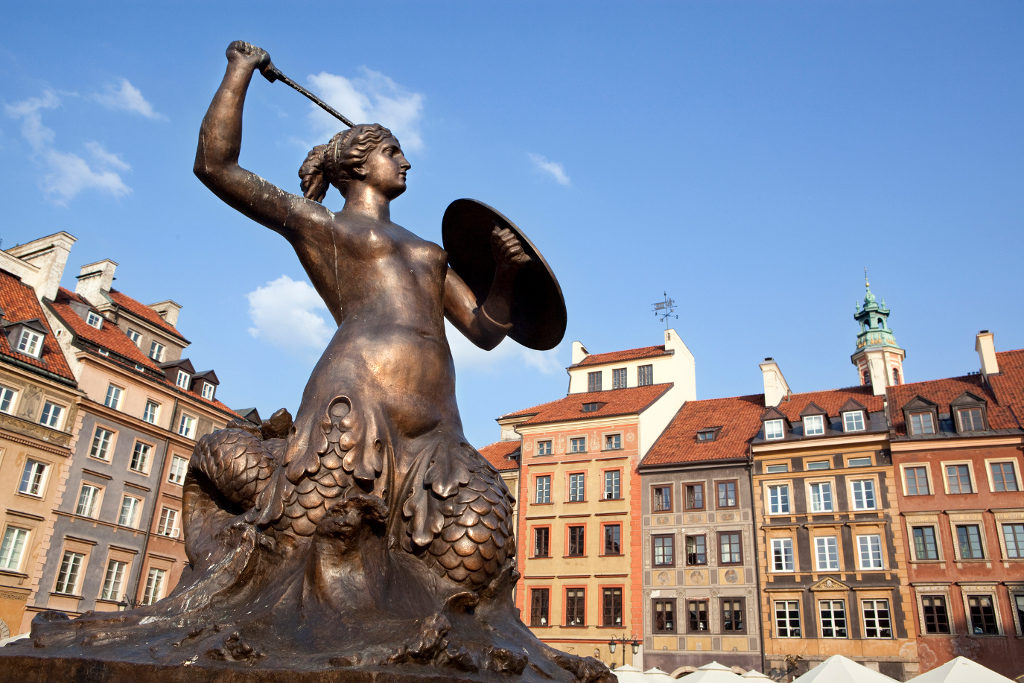Warsaw is the capital and largest city of Poland, with a population of 1.75 million. Once described as one of the most beautiful cities in the world, Warsaw was given the title “Phoenix City” after its complete reconstruction following World War II, which saw over 85% of the city’s buildings in ruins. Today, Warsaw is one of Europe’s most dynamic metropolitan cities, ranking high in terms of business friendless and quality of living. As an Alpha Global city, Warsaw is a major international tourist destination and a significant cultural, political and economic hub for both Poland and indeed, Central Europe as a while. Warsaw is generally a safe city, with high police presence.
 Threats and Risks to Travelers in Warsaw
Threats and Risks to Travelers in Warsaw
Warsaw is generally considered to be a safe city by international standards, with crime rates similar to that of other European capitals. While some districts may attract a poorer reputation, for the most part the city does not encounter violent crime very often and petty crime is what presents the greatest risk. Pickpocketing and thievery are common things that visitors fall victim to, especially in popular tourist destinations and public spaces.
The Praga district can be dangerous, especially at night. Northern Praga poses the highest risk. This is generally considered the poorest part of Warsaw, and there can be a significant amount of crime. Keep away from the ghettos and any sketchy-looking areas of the city. Crime also tends to be higher in the Old Town.
Just like in any other major European city, football fans can be a problem before or after large football events. Avoid dressing in football-related apparel and avoid rowdy crowds on or around game days.
Best Practices for Personal Security in Warsaw
Exercise normal precautions in Warsaw. In general, be aware of your surroundings in the city and always be conscious of your belongings in public. Keep valuables and bags within view. Be aware of locations and situations that could make you vulnerable to crime, such as lane ways, isolated parks and buildings, back streets and poorly lit parking lots. Public transit tends to attract petty crime, including pickpocketing.
When out in public, never carry an excessive amount of cash and consider keeping your money and credit/debit cards separate from your travel bag to minimize risks of robbery. Do not leave handbags or personal belongings in shopping trolleys. Keep copies of your travel documents on your person, with the originals stored in a secure location in your place of residence.
What to Do in an Emergency
In the event of an emergency, dial 112 to access emergency fire, medical and police services. Contact the embassy of your country in Poland as they may be able to provide further assistance. Most will have representation in Warsaw itself.
Warsaw’s sprawling geography and rich history give the city a distinct cultural identity within Central Europe. Its varied architecture, from Gothic churches and neoclassical palaces to Soviet-era blocks and modern skyscrapers, is a reflection of the city’s long and turbulent history. Today, as a major hub in Central Europe, Warsaw has reclaimed its global relevance. It is a complex city that should be visited by everyone travelling through Central Europe.
To learn more about our mobile application and how it can help you during your travels, check out our product features here.





